

 Professor Williams Oduro, a lecturer at the Kwame Nkrumah University of Science and Technology (KNUST) says it will be difficult for the nation to eradicate poverty if Ghana continues overlying on imported finished products.
Professor Williams Oduro, a lecturer at the Kwame Nkrumah University of Science and Technology (KNUST) says it will be difficult for the nation to eradicate poverty if Ghana continues overlying on imported finished products.
He said: “We can’t come out of poverty if we continue to export our raw materials and spend much to import finished products. We need to be able to process our raw materials.”
He asked: “Why should we have about 85 percent of the gold we mine going outside and desire to be a wealthy nation?”.
Prof Oduro therefore urged universities and other tertiary institutions to remain innovative ensuring that they churned out graduates who had the capacity to harness and add value to the nation’s raw materials for wealth creation and poverty reduction.
He was speaking at a media engagement on the sidelines of the closing session of the implementation of “Professional Education for Renewable Energy in Ghana (ProREG)” project held at the Regional Centre for Energy and Environmental Sustainability (RCEES) of the University of Energy and Natural Resources (UENR) in Sunyani.
The RCEES is a World-Bank funded Africa Centre Excellence set to address critical energy and sustainability needs in Africa and beyond.
The ProREG, a three-year project, funded by the German Academic Exchange Service (DAAD) was implemented from 2022 to 2025 and aimed at increasing labour market relevance of education in the field of renewable energy in Ghana.
Partners in the project implementation comprise Technische Universität Berlin (TUB, Coordinator), Kwame Nkrumah University of Science and Technology (KNUST) and the UENR.
Under the project, new practice-relevant modules in the field of renewable energies were integrated into the curricula of KNUST and UENR with lecturers trained and experienced in agile teaching and learning formats on practical application of renewable energies.
Prof Oduro indicated that: “The finished products are more expensive than the raw materials, and so if we have finished products coming from outside then it will be difficult for us to come out of poverty and developed.”
He said: “There is no way we can resolve our problems, until tertiary institutions rethink and center on practical studies. We should not export raw materials, but we must have the capacity to add value and produce finished products here”.
Prof Oduro expressed worry that “presently the teaching and training that we give to students don’t give them the capacity to build on our own machines and process our own raw materials into finished products for the international market.”
Professor Dr Osvaldo Romero Romero of the University of Applied Sciences, Berlin School of Technology, urged Ghana to ensure that her education delivery was aligned with present reality.
Earlier, Prof Elvis Asare-Bediako, the Vice Chancellor of the UENR lauded the project implementation saying it had developed and piloted new practice-oriented teaching modules in renewable energy as well as equipped lecturers with innovative, agile teaching methods.
Source: GNA
The post Ghana government urged to minimise importation of finished products appeared first on Ghana Business News.
Read Full Story
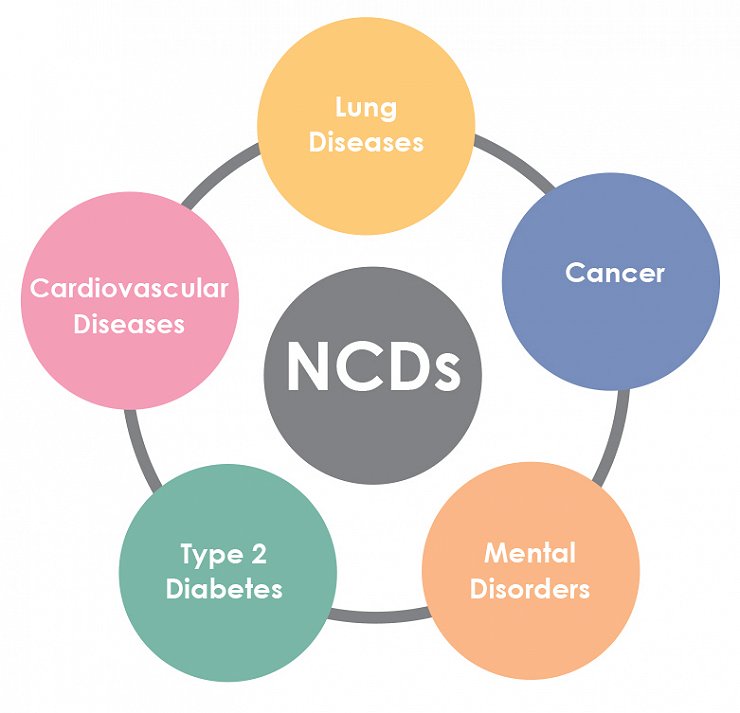

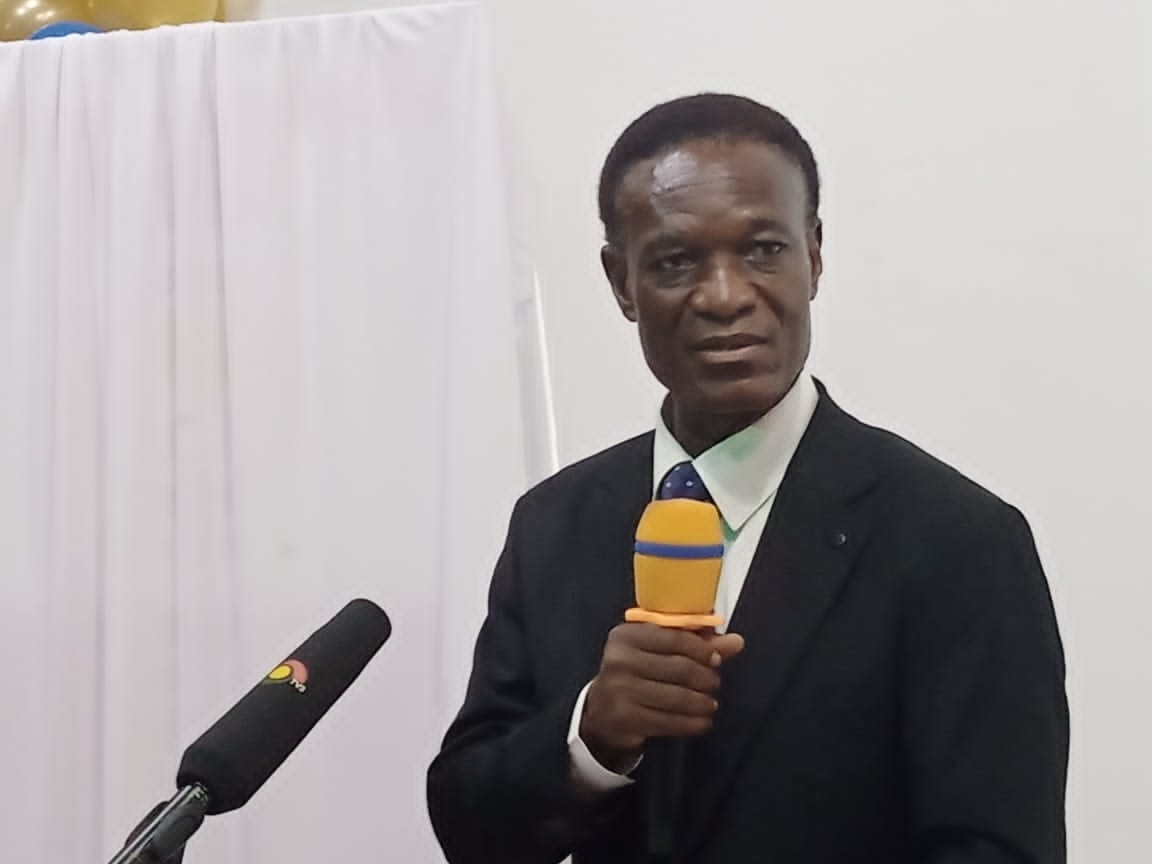

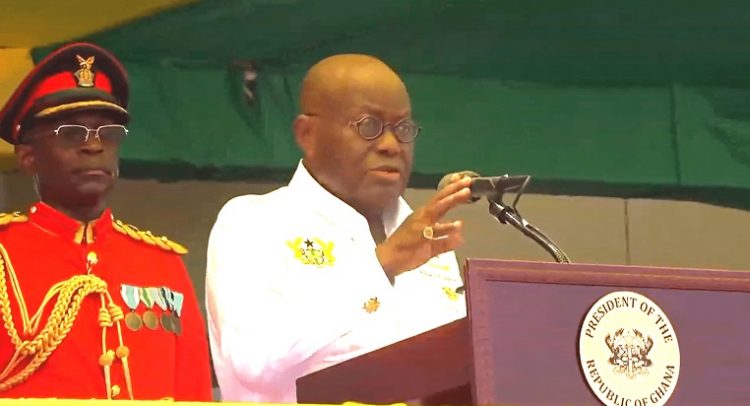

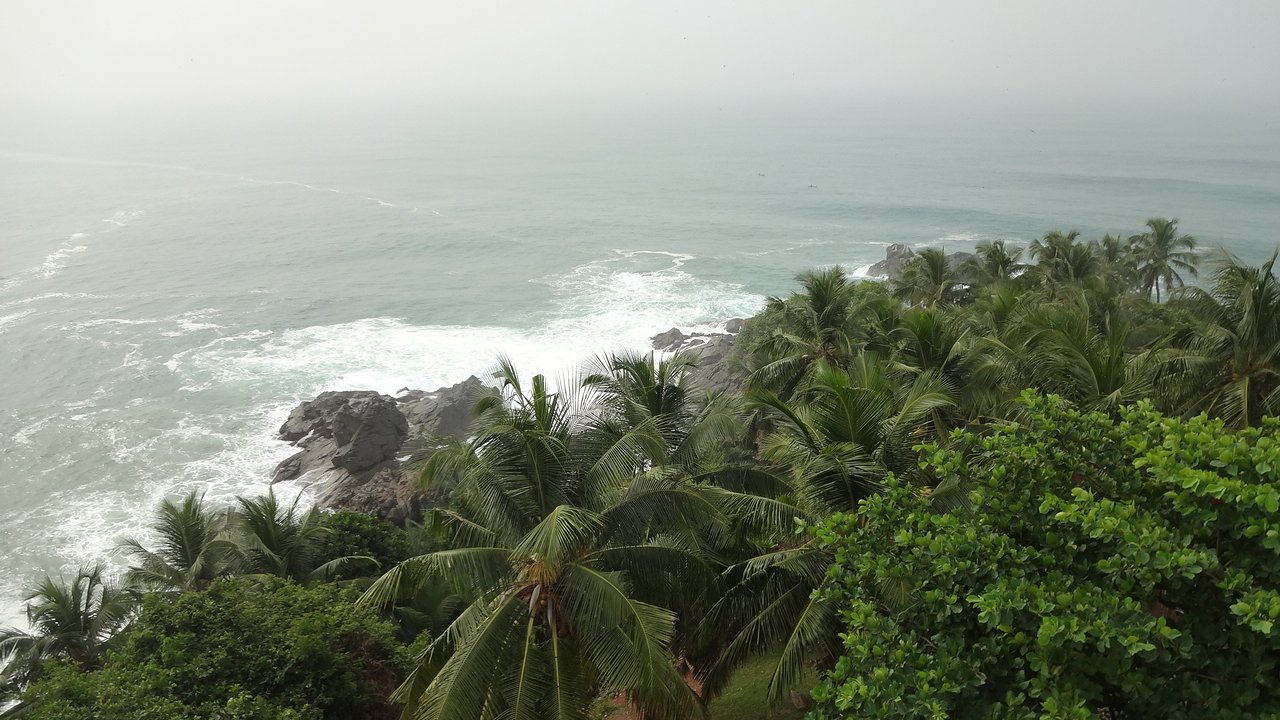
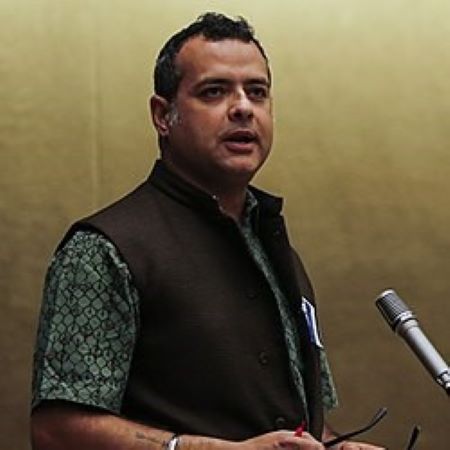
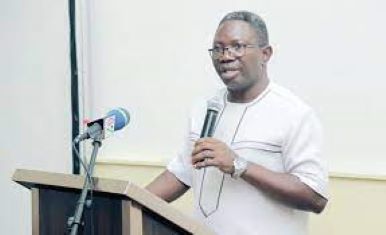
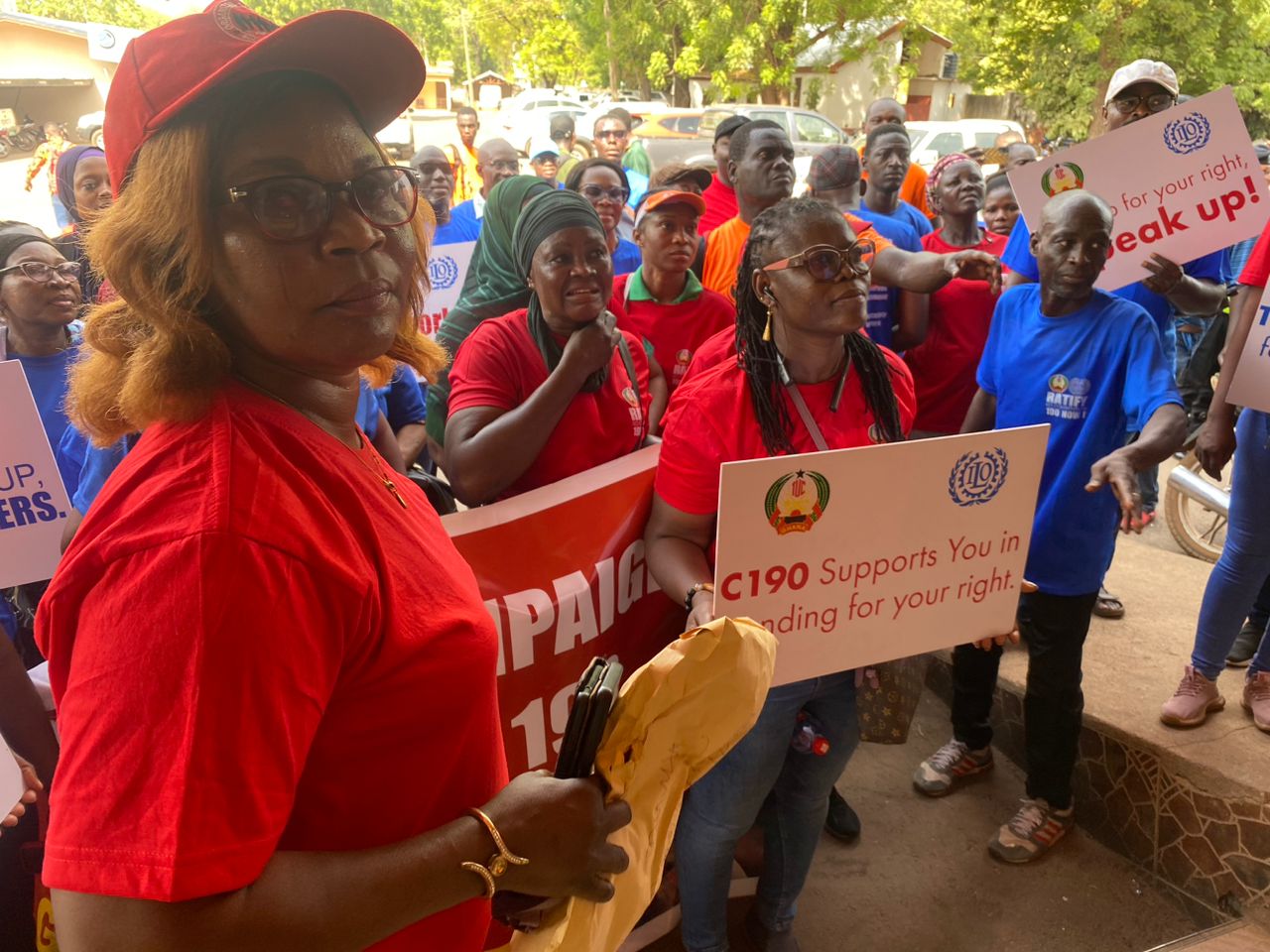


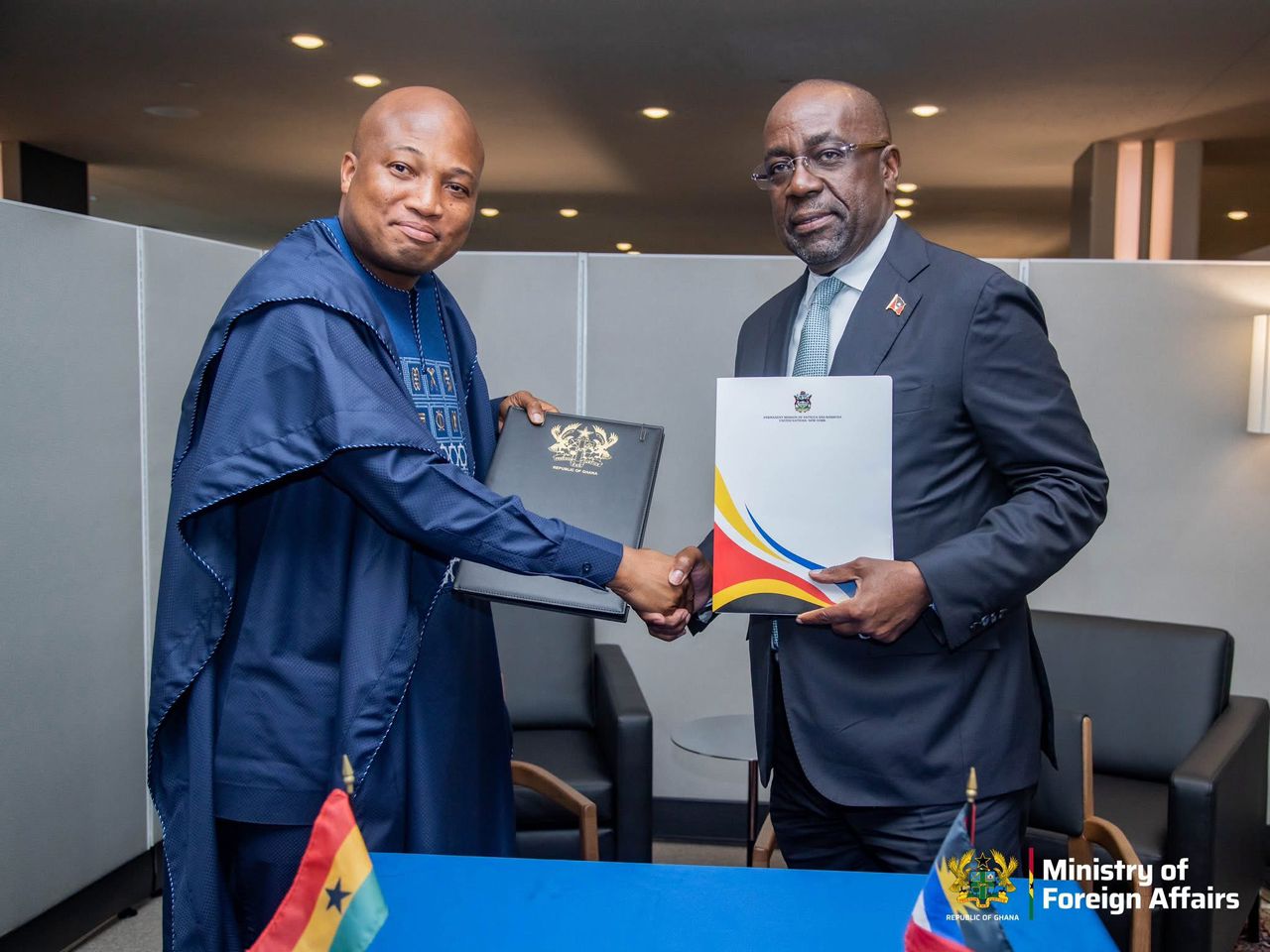
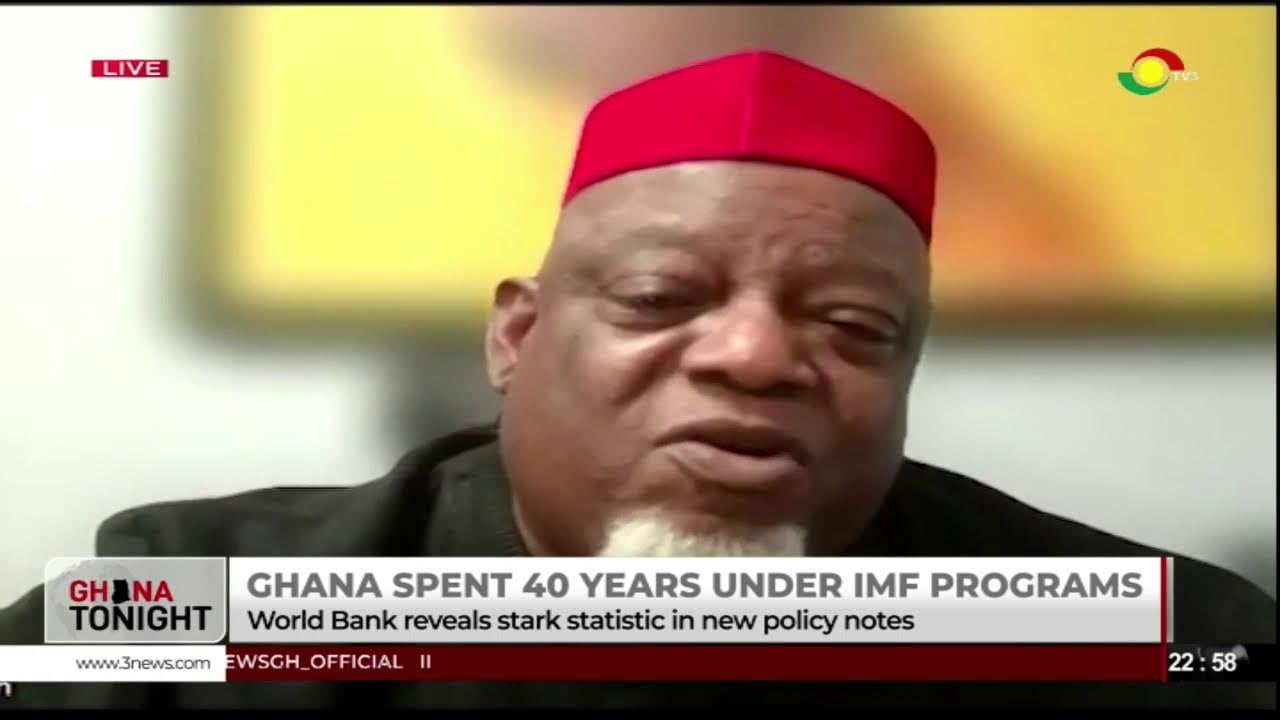
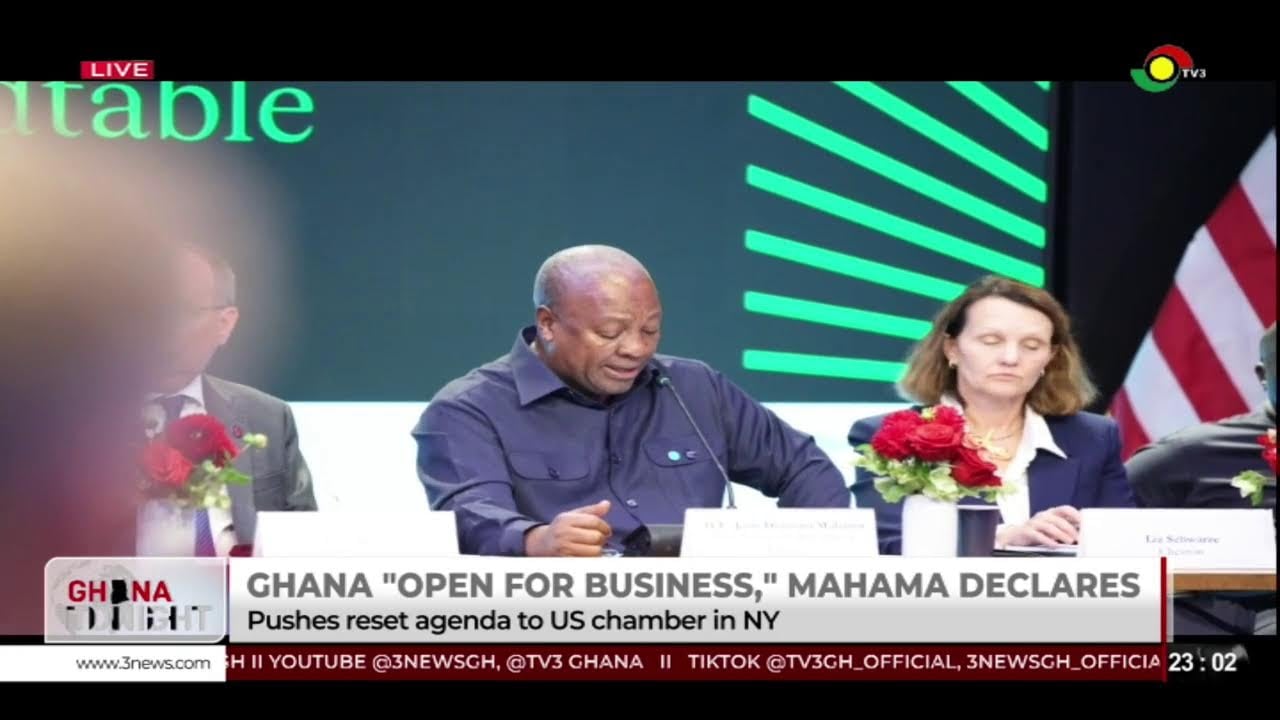




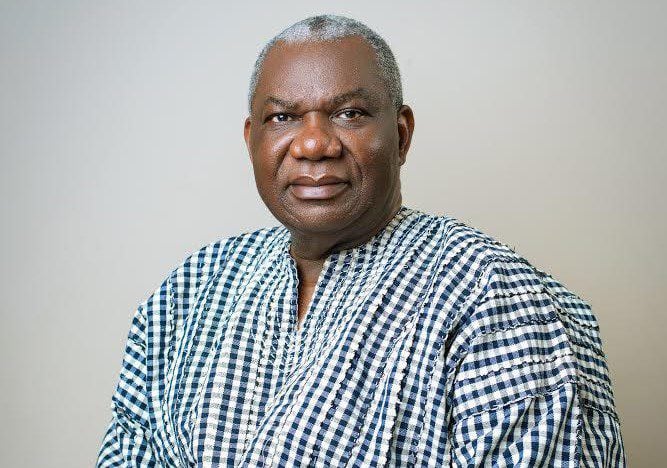

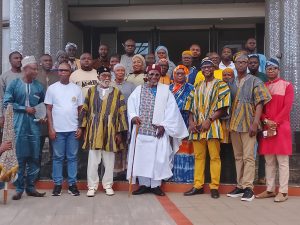


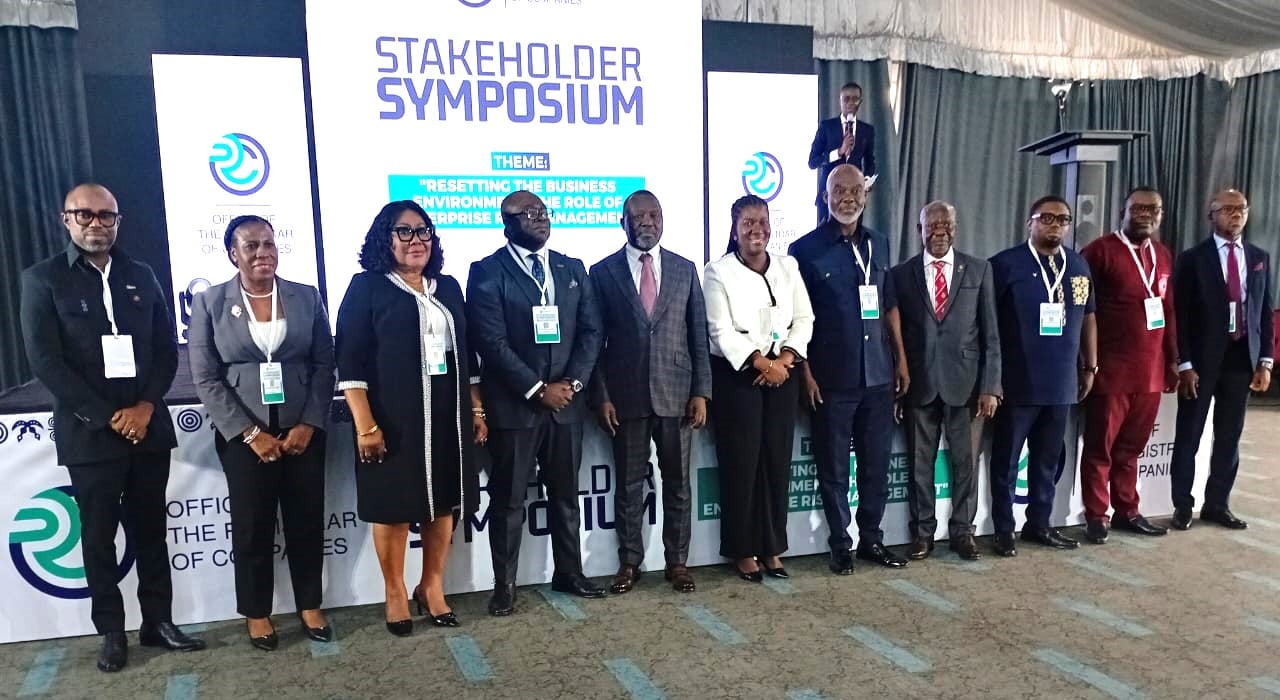
Facebook
Twitter
Pinterest
Instagram
Google+
YouTube
LinkedIn
RSS